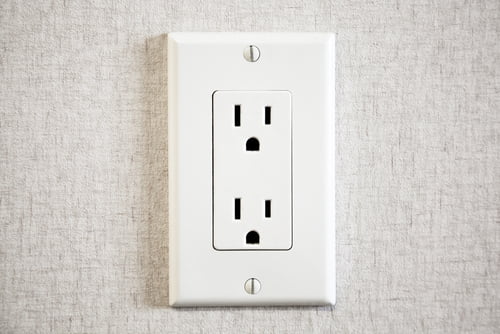It is an unfortunate yet unsurprising fact that few homeowners have a backup generator on hand in case of a power outage or emergency. Many people assume that when their electricity goes out, it will be restored within a short period of time, thereby making a generator seem like an unnecessary expense. Our Atlanta electrical contractors advise the installation of a backup, even if it is a small one.
Why You Should Buy a Backup Generator
Although most residential electric service companies are quick to restore service when transformers go out and power substations malfunction, blackouts never have defined time limits. Depending on the severity of the problem, you can easily be a few hours or more without service.
When an outage occurs during the winter months, that means no electricity or gas, and no electricity or gas means no heat. Unless you have a wood-burning fireplace or kerosene tank on hand, you are instantly put at risk. An outage also means no power to your refrigerator and freezer. Any perishable food will be wasted after a couple of hours of no electricity.
Backup Generator Buying for Beginners
Once you've decided to purchase a backup generator, strength is the first and arguably most important factor to take into account. You can determine what power load you need by assessing what systems you want to activate in the event of an outage. Central air conditioner units are very resource-intensive, so they require more energy than lighting or smaller-scale appliances. AC systems always display their size in BTUs, amps or tons, and this information should give you a handle on what generator will fit. A three-ton unit will need at least a 16-kilowatt generator, while a five-ton unit may easily need 20 kilowatts or larger.
Endurance is the next factor on the list, and this simply refers to the generator's run time. Many homeowners often overestimate their energy needs. A majority of households never come close to using the maximum amount of electricity (200-amp main breakers are the typically the highest residential electrical service setups), and since utility companies are fairly quick to restore power, you probably do not need an equal-rated generator. The same goes for usage. In an outage, you should only focus on essential services like heat and air, kitchen appliances and lighting. Generators are not meant to power a home 100 percent for lengthy periods. Our Atlanta technicians can help you choose the ideal backup generator for you or have a new backup generator installed in your home today, so feel free to give us a call!
Image Courtesy of: Creative Commons

